Microsoft Security Copilot to offer raft of “new capabilities” for 365 Defender
Microsoft Security Copilot will give 365 Defender users real-time malware tracking and automated incident summaries
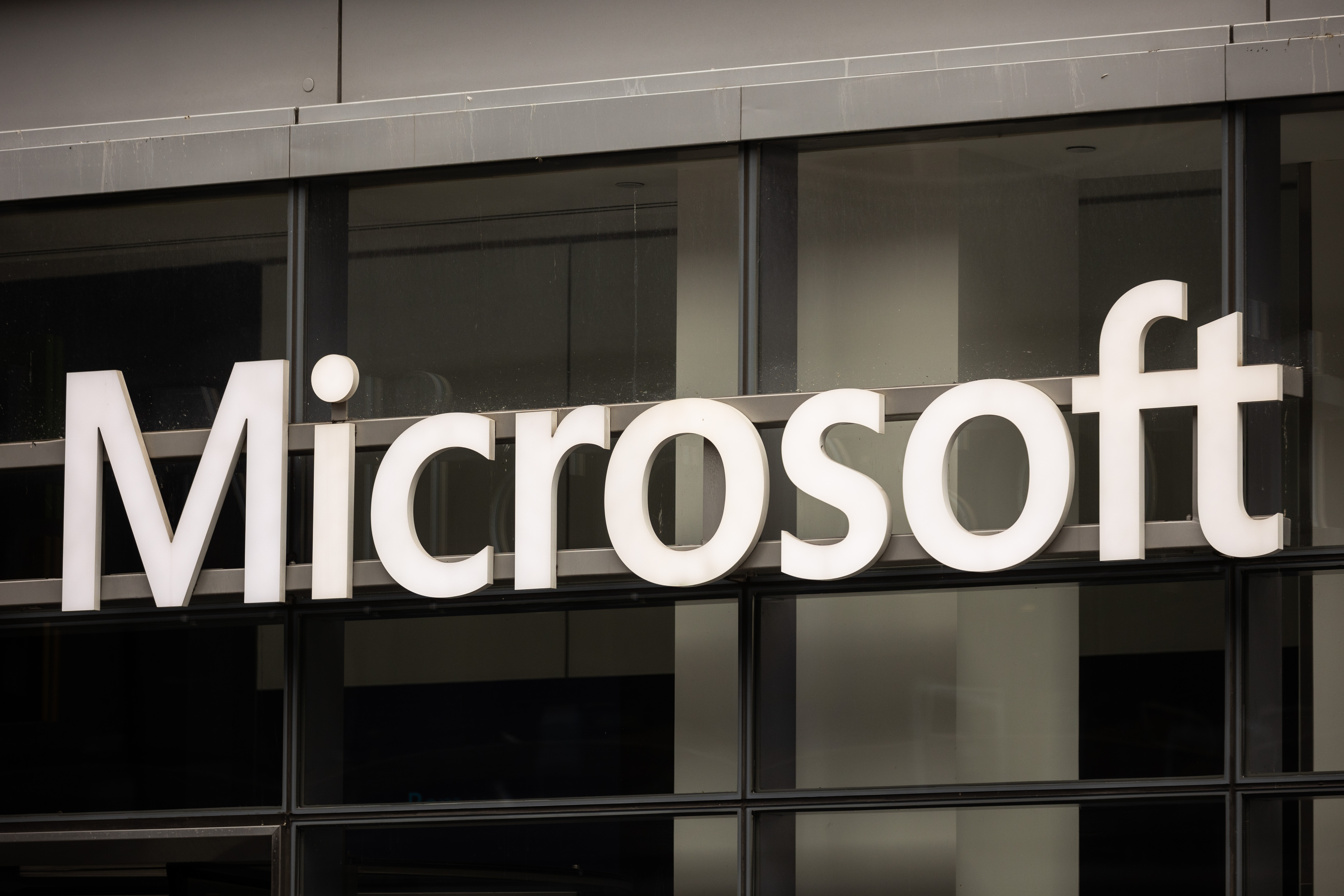

Microsoft Security Copilot is set to provide “new capabilities” for 365 Defender users as part of an early access program roll-out, the tech giant has announced.
The scheme, which is being rolled out to selected customers, will include deeper integration of the AI assistant within Microsoft’s extended detection and response (XDR) platform.
Microsoft said the integration will help “guide analysts directly with actionable recommendations''. This will include automated, natural language-based incident summaries and post-response activity reports to speed up remediation efforts for security practitioners.
The tech giant said the introduction of Copilot within 365 Defender means security analysts “of any skill level” can be guided through threat remediation and response processes.
“This seamless workflow helps reduce the time to respond to threats,” the firm said.
Natural language queries will also be available for users to “simplify” proactive threat hunting. Real-time malware analysis will also be available as part of the integration, Microsoft said.
“Understanding and reverse-engineering malware has, to date, only been accessible to the most advanced incident responders,” the firm said. “With Security Copilot, it becomes easier to analyze and understand complex and also obfuscated PowerShell command line scripts and document the flow.”
Get the ITPro daily newsletter
Sign up today and you will receive a free copy of our Future Focus 2025 report - the leading guidance on AI, cybersecurity and other IT challenges as per 700+ senior executives
In addition to the new features, Microsoft said the Copilot will now be integrated by default within its Microsoft Defender Threat Intelligence platform.
Microsoft Security Copilot: The story so far
The announcement from Microsoft marks the latest in a string of generative AI feature rollouts for the tech giant’s product range.
In September, Microsoft announced generative AI features will be extended to 365 Chat customers. Copilot capabilities have also been rolled out to Microsoft Teams and Windows 11 in recent weeks.
The firm initially unveiled Microsoft Security Copilot in March 2023, marking the first major roll-out of a generative AI-powered assistant for use in cyber security operations.
Leveraging GPT-4 generative AI, the Copilot offers users prompt-based security detection and remediation features for Windows customers.
RELATED RESOURCE
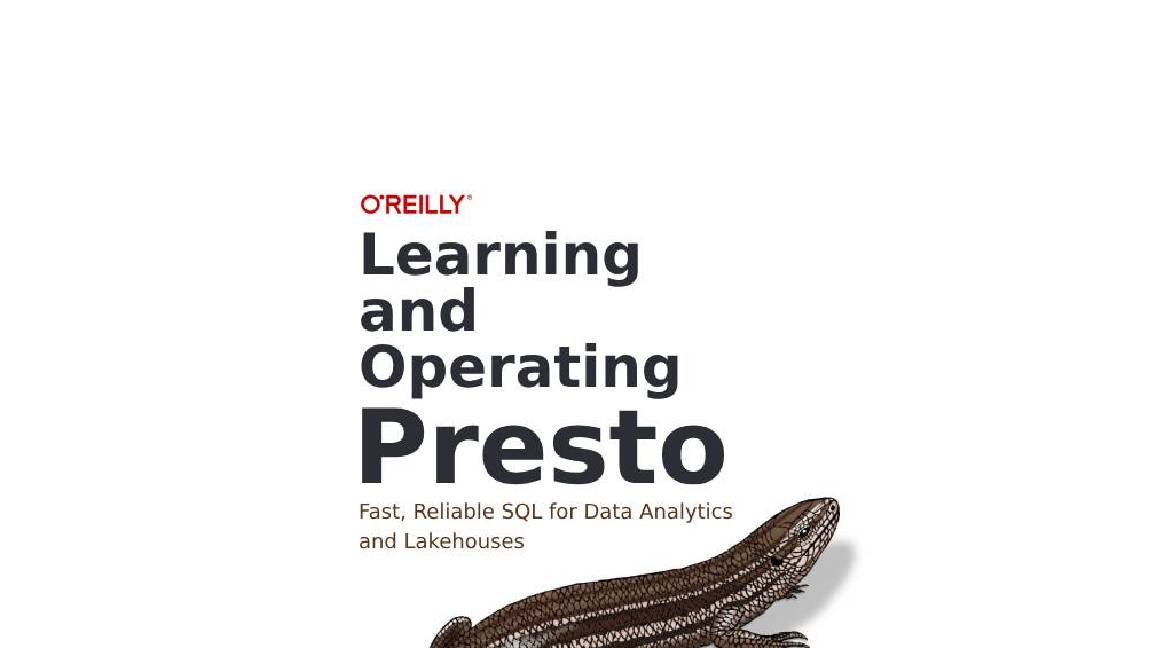
Meet your team’s warehouse and lakehouse infrastructure needs
DOWNLOAD NOW
The Copilot is capable of providing intuitive, detailed responses to user queries, such as “how can I improve my security posture”, or “tell me about my latest incidents”.
In the aftermath of the launch, the move from Microsoft was hailed as a watershed moment for the use of generative AI tools in cyber security, with industry stakeholders describing it as the “security release of the year”.
So far, the use of the Copilot tool has unlocked significant benefits to users, both in terms of threat response and productivity improvements, Microsoft said. Preview customers are already saving “up to 40% of their time” on core operational tasks.
“Security Copilot can effectively up-skill a security team, regardless of its expertise, save them time, enable them to find what previously they might have missed, and free them to focus on the most impactful projects,” the firm said.

Ross Kelly is ITPro's News & Analysis Editor, responsible for leading the brand's news output and in-depth reporting on the latest stories from across the business technology landscape. Ross was previously a Staff Writer, during which time he developed a keen interest in cyber security, business leadership, and emerging technologies.
He graduated from Edinburgh Napier University in 2016 with a BA (Hons) in Journalism, and joined ITPro in 2022 after four years working in technology conference research.
For news pitches, you can contact Ross at ross.kelly@futurenet.com, or on Twitter and LinkedIn.
-
 Third time lucky? Microsoft finally begins roll-out of controversial Recall feature
Third time lucky? Microsoft finally begins roll-out of controversial Recall featureNews The Windows Recall feature has been plagued by setbacks and backlash from security professionals
By Emma Woollacott Published
-
 The UK government wants quantum technology out of the lab and in the hands of enterprises
The UK government wants quantum technology out of the lab and in the hands of enterprisesNews The UK government has unveiled plans to invest £121 million in quantum computing projects in an effort to drive real-world applications and adoption rates.
By Emma Woollacott Published
-
 Healthcare organizations need to shake up email security practices
Healthcare organizations need to shake up email security practicesNews Microsoft 365 is the source of almost half of all healthcare email breaches, thanks mainly to misconfigurations in security settings.
By Emma Woollacott Published
-
 Hackers are on a huge Microsoft 365 password spraying spree – here’s what you need to know
Hackers are on a huge Microsoft 365 password spraying spree – here’s what you need to knowNews A botnet made up of 130,000 compromised devices has been conducting a huge password spraying campaign targeting Microsoft 365 accounts.
By Solomon Klappholz Published
-
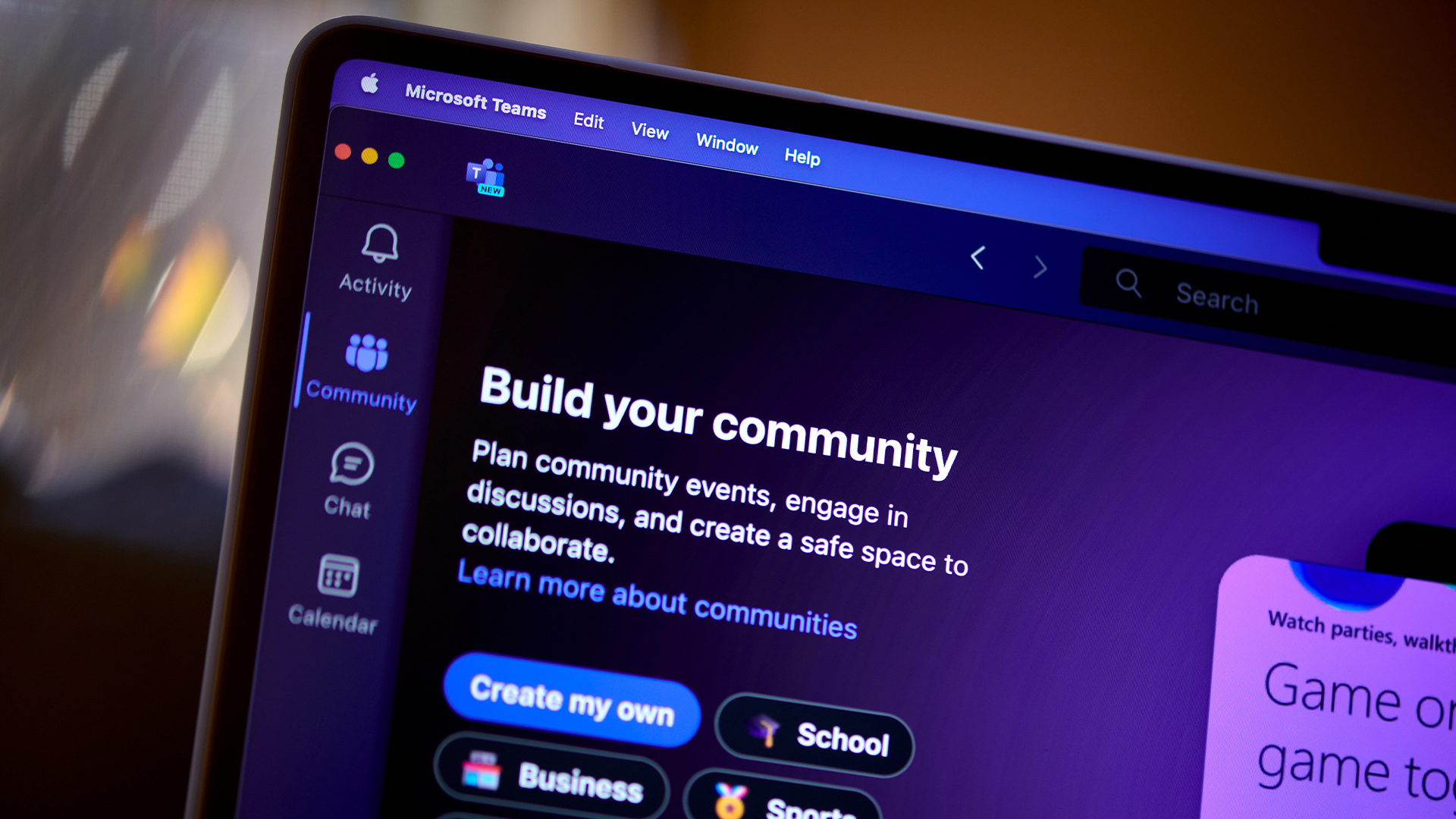 Hackers are using Microsoft Teams to conduct “email bombing” attacks
Hackers are using Microsoft Teams to conduct “email bombing” attacksNews Experts told ITPro that tactics like this are on the rise, and employees must be trained effectively
By George Fitzmaurice Published
-
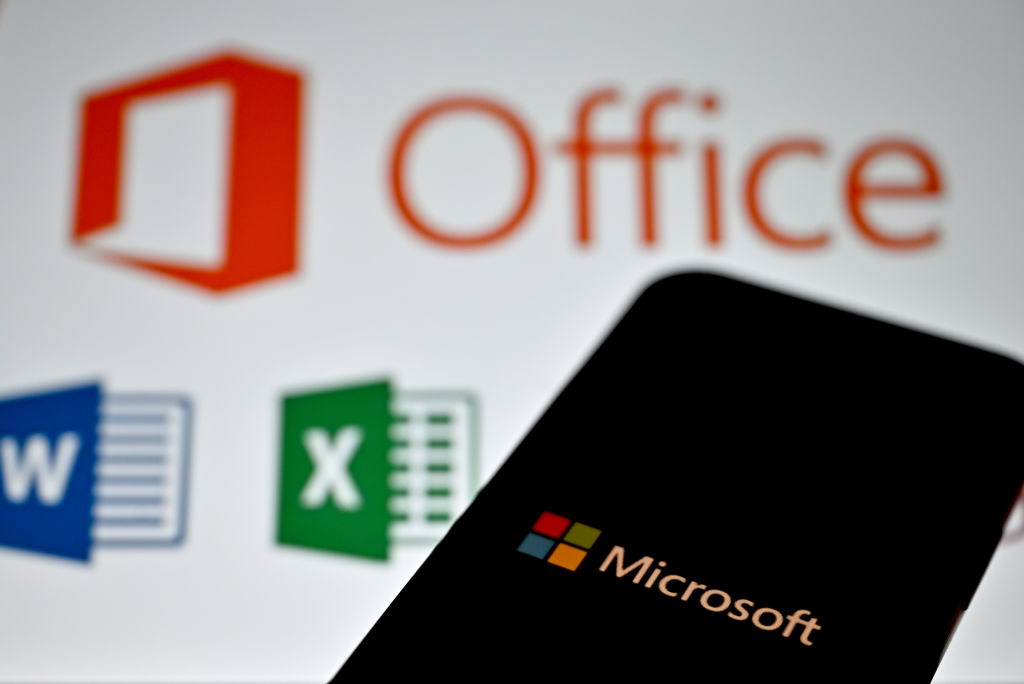 Number of attacks using Microsoft Office files surges in 2023
Number of attacks using Microsoft Office files surges in 2023News Attacks using popular Microsoft Office file types have increased in 2023
By Solomon Klappholz Published
-
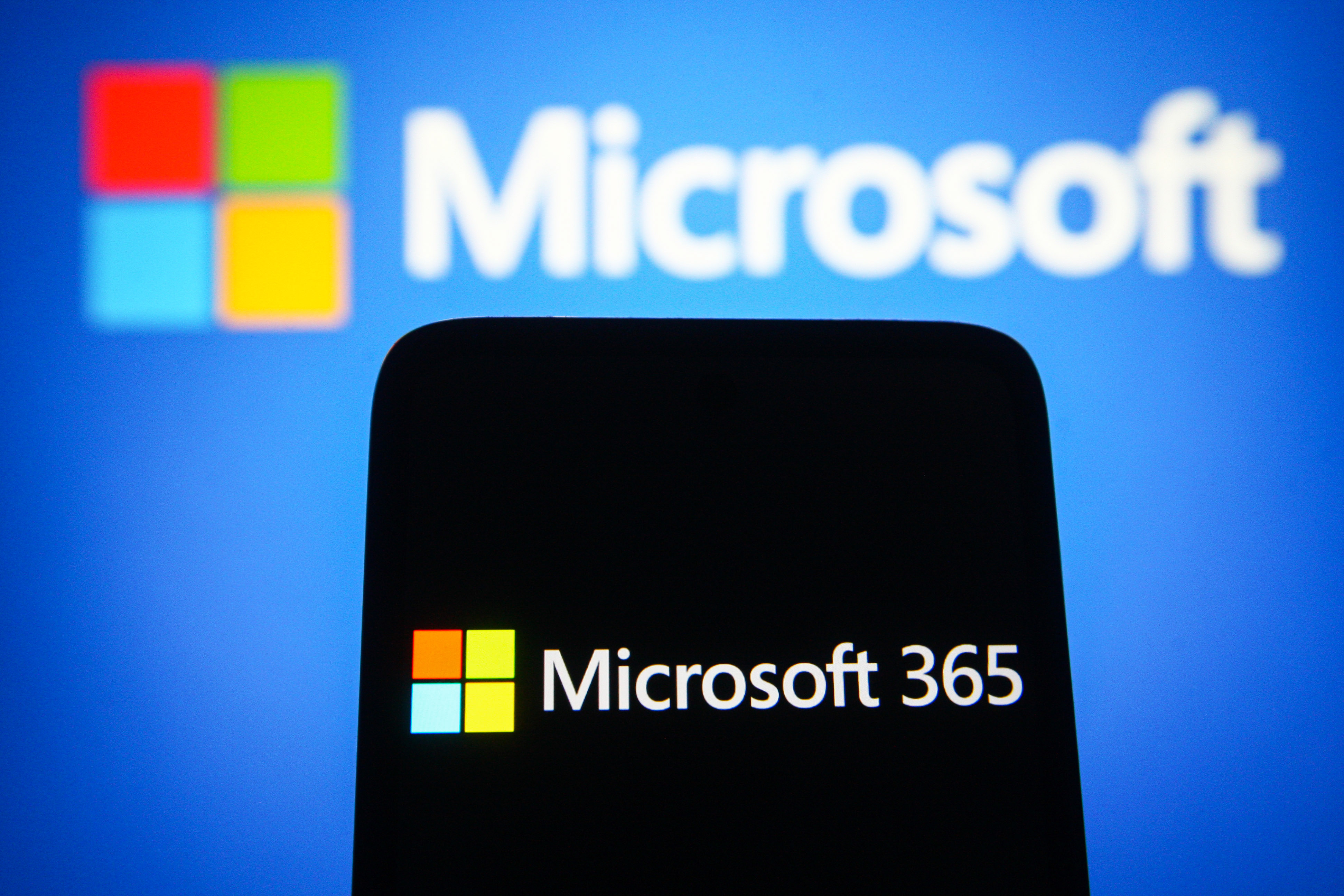 Microsoft 365 admins warned over new Gmail anti-spam rules
Microsoft 365 admins warned over new Gmail anti-spam rulesNews Microsoft 365 users have been warned they could be penalized for failing to adhere to new anti-spam standards
By Ross Kelly Published
-
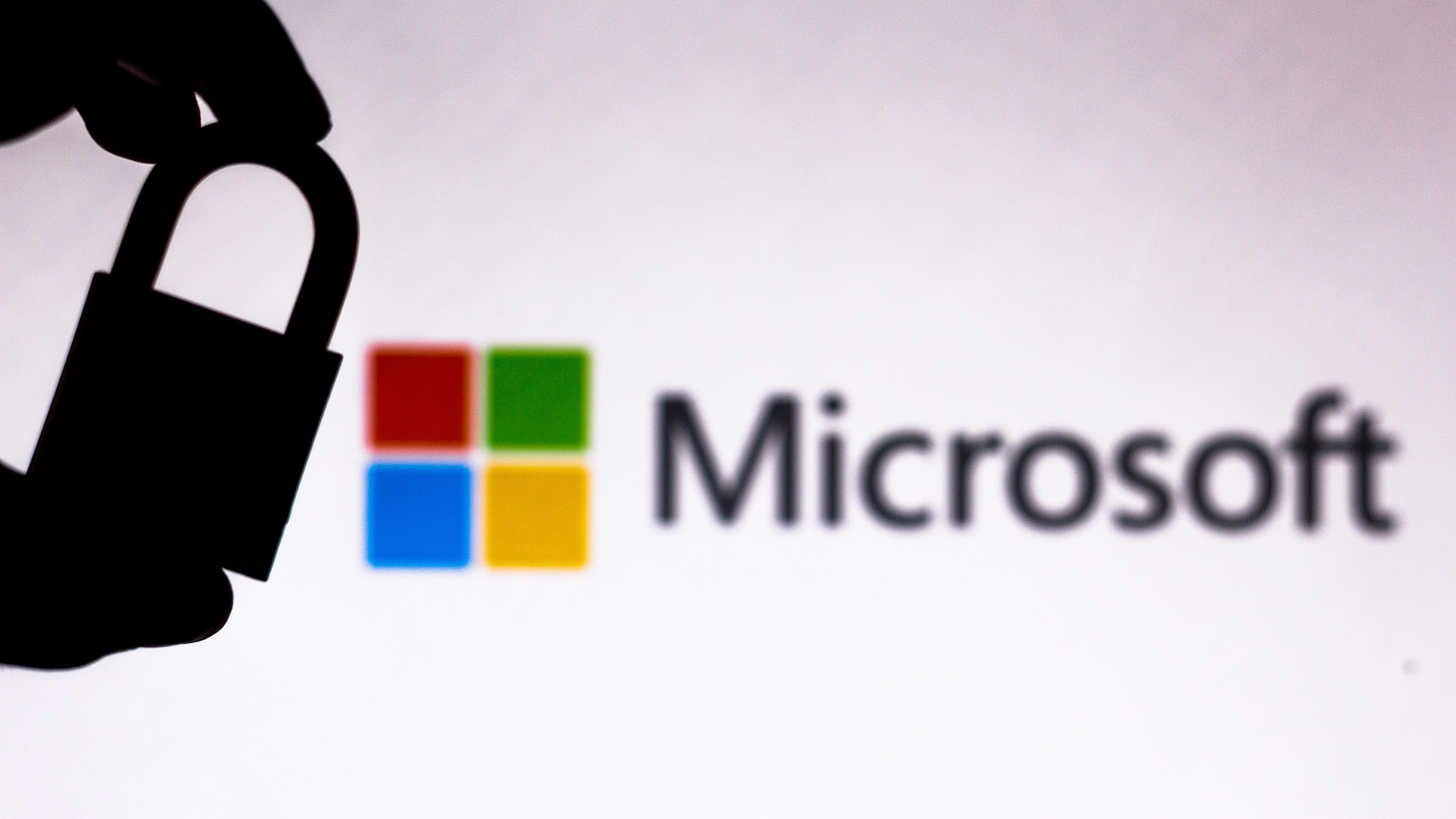 Microsoft SQL password-guessing attacks rising as hackers pivot from OneNote vectors
Microsoft SQL password-guessing attacks rising as hackers pivot from OneNote vectorsNews Database admins are advised to enforce better controls as attacks ending in ransomware are being observed
By Rory Bathgate Published
-
 Defence in depth: Closing the gaps in Microsoft 365 security
Defence in depth: Closing the gaps in Microsoft 365 securityWhitepaper Exploring the security challenges facing organisations with a reliance on Microsoft 365
By ITPro Published
-
 The Total Economic Impact™ of Mimecast
The Total Economic Impact™ of MimecastWhitepaper Cost savings and business benefits enabled by using Mimecast with Microsoft 365
By ITPro Published
